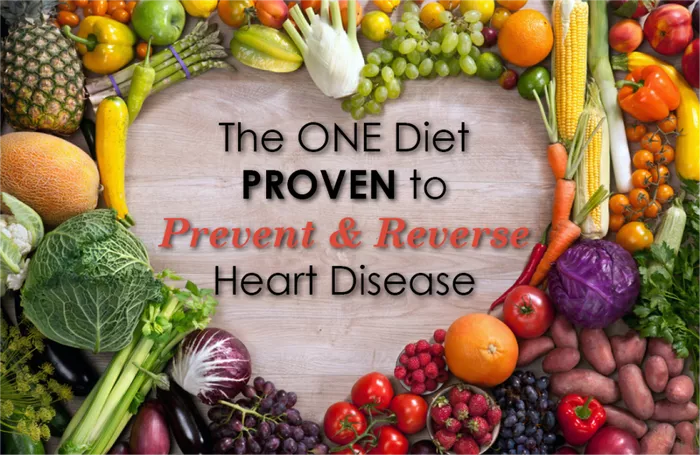High blood pressure, also known as hypertension, is a common health concern that affects millions of people worldwide. It is a significant risk factor for serious conditions such as heart disease, stroke, and kidney disease. Fortunately, there are several effective strategies to help lower blood pressure naturally and improve overall cardiovascular health. In this comprehensive guide, we will explore various lifestyle changes, dietary adjustments, and other techniques that can contribute to lowering blood pressure levels.
Understanding Blood Pressure
Before delving into strategies to lower blood pressure, it’s essential to understand what blood pressure is and how it is measured. Blood pressure is the force of blood against the walls of your arteries as your heart pumps it around your body. It is measured using two numbers: systolic pressure (the top number) and diastolic pressure (the bottom number). A normal blood pressure reading is typically around 120/80 mmHg.
Lifestyle Changes
1. Healthy Diet: Adopting a diet rich in fruits, vegetables, whole grains, and lean proteins can have a positive impact on blood pressure. The DASH (Dietary Approaches to Stop Hypertension) diet, which emphasizes fruits, vegetables, low-fat dairy, and limited saturated fat, has been shown to lower blood pressure significantly.
2. Regular Exercise: Engaging in regular physical activity, such as brisk walking, jogging, cycling, or swimming, can help lower blood pressure. Aim for at least 150 minutes of moderate-intensity exercise per week, as recommended by health guidelines.
3. Weight Management: Maintaining a healthy weight or losing excess weight can significantly reduce blood pressure. Even a modest weight loss of 5-10% of your body weight can lead to improvements in blood pressure levels.
4. Limiting Alcohol: Excessive alcohol consumption can raise blood pressure. Limiting alcohol intake to moderate levels, such as one drink per day for women and two drinks per day for men, can help lower blood pressure.
5. Quitting Smoking: Smoking is a major risk factor for high blood pressure and cardiovascular disease. Quitting smoking can lead to significant improvements in blood pressure and overall health.
6. Stress Management: Chronic stress can contribute to high blood pressure. Practicing relaxation techniques such as deep breathing, meditation, yoga, or tai chi can help manage stress levels and lower blood pressure.
Dietary Adjustments
1. Reduce Sodium Intake: High sodium intake is linked to high blood pressure. Limiting salt intake by avoiding processed foods, using herbs and spices for flavor, and choosing low-sodium options can help lower blood pressure.
2. Increase Potassium: Potassium helps counteract the effects of sodium on blood pressure. Include potassium-rich foods such as bananas, oranges, spinach, potatoes, and avocado in your diet.
3. Magnesium-Rich Foods: Magnesium plays a role in blood pressure regulation. Foods rich in magnesium, such as nuts, seeds, whole grains, and leafy green vegetables, can be beneficial for lowering blood pressure.
4. Calcium: Adequate calcium intake from sources like dairy products, fortified plant-based milks, and leafy greens can support healthy blood pressure levels.
5. Omega-3 Fatty Acids: Consuming omega-3 fatty acids from sources like fatty fish (salmon, mackerel, sardines), flaxseeds, chia seeds, and walnuts can help lower blood pressure and improve heart health.
Herbal Remedies
1. Garlic: Garlic supplements or fresh garlic cloves have been shown to have blood pressure-lowering effects.
2. Hibiscus Tea: Drinking hibiscus tea regularly may help lower blood pressure due to its antioxidant properties.
3. Hawthorn: Hawthorn extract is believed to have vasodilatory effects, potentially lowering blood pressure.
4. Cinnamon: Incorporating cinnamon into your diet may have modest blood pressure-lowering effects.
Medication and Medical Monitoring
In some cases, lifestyle changes may not be sufficient to lower blood pressure adequately. Your healthcare provider may prescribe medication to help manage blood pressure levels. It’s essential to take medications as prescribed and attend regular medical check-ups to monitor your blood pressure and overall cardiovascular health.
Conclusion
Lowering blood pressure is crucial for reducing the risk of heart disease, stroke, and other health complications. By making lifestyle changes, adopting a healthy diet, managing stress, and seeking medical guidance when needed, you can effectively lower your blood pressure and improve your overall well-being. Always consult with your healthcare provider before making significant changes to your diet, exercise routine, or medication regimen.


